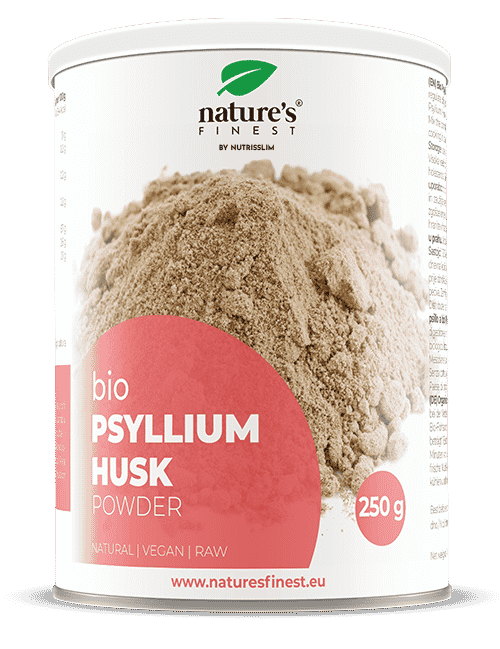Haemorrhoid problems?
What are haemorrhoids anyway?
In medical terms the word haemorrhoids means: widening of the veins next to the anus. They can also be called vascular nodes. Everyone who has had them before knows that they are very uncomfortable and painful.
Why do haemorrhoids occur?
They occur when various factors (pregnancy, poor diet, chronic constipation, chronic diarrhoea, lack of fibre in the diet, long sitting) cause the veins to get bigger.
What are the symptoms of haemorrhoids?
Symptoms that indicate the possibility of haemorrhoids are: bleeding, pain and itching around the anus, leakage of stool and mucus in the stool.
What levels of haemorrhoids do we know?
According to the surgical classification, we know four stages of haemorrhoids, the first is mild, and in the last – fourth stage the tissue is severely damaged and thrombotic – surgical treatment is required. If we get a haemorrhoid, we should see a doctor. We can also try and prevent getting haemorrhoids and letting them get to the 2nd, 3rd or 4th stage. Even small measures can help and alleviate symptoms.
How to prevent getting haemorrhoids?
Summarized from: Sandler S.R. in Peery F.A., 2019. Rethinking what we know about hemorrhoids, Clinical Gatrsoeneterology and Hepatology, 17:8; 8-15.
